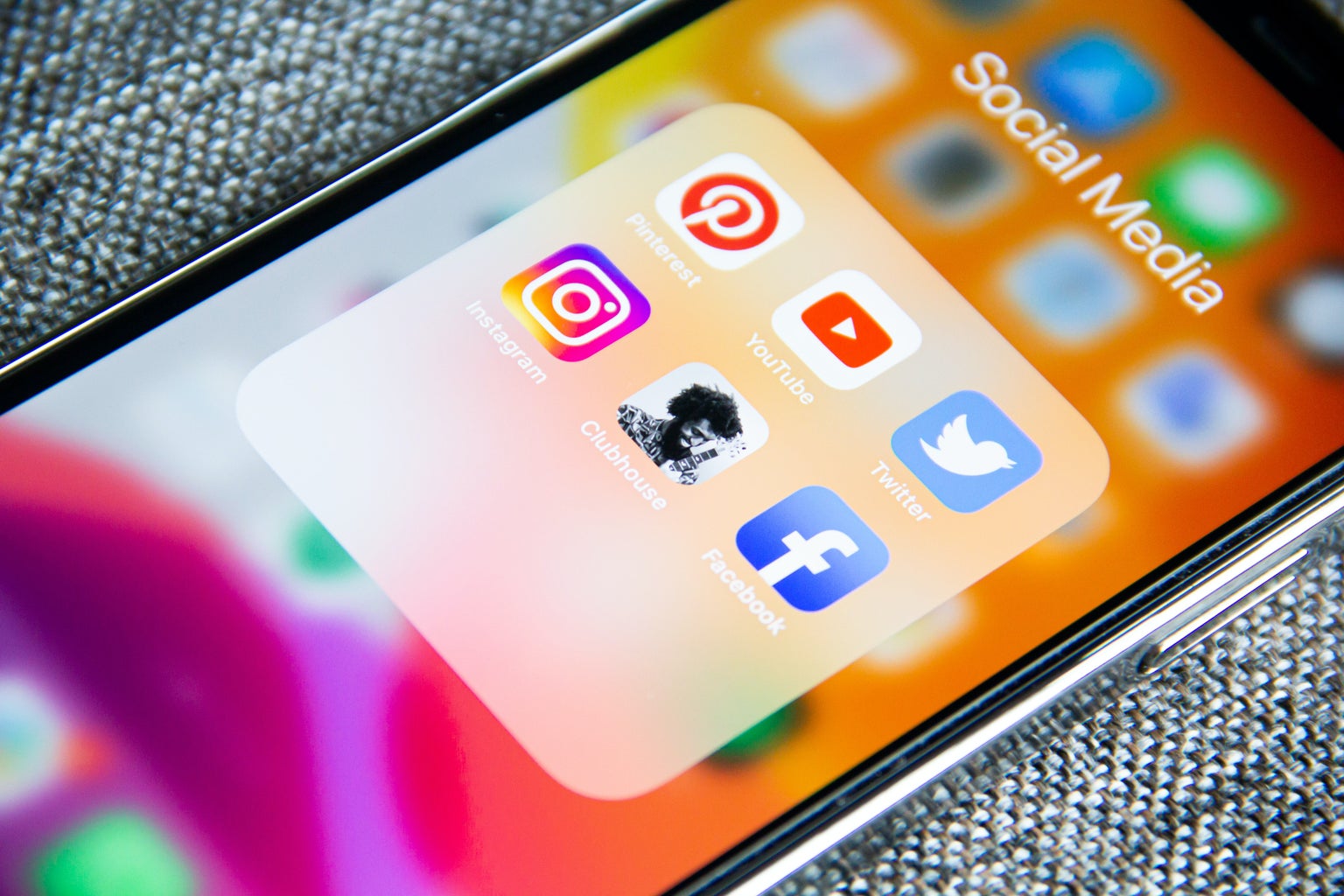It takes three seconds to unlock my phone to check my messages or Instagram stories. And that time is only so quick because of how fast I’ve learned to type in my passcode and use the fingerprint scanner on the back of my phone. Phone systems and apps load so quickly now that just a tap on the square instantaneously opens the app and shows you everything you want to see.
To have this system and way of life for almost my entire life — and what’s probably the majority of your life, too — has turned our digital world into something unlike anything I’ve ever thought could be possible. I think back to old movies about the future — think Back to the Future and The Fifth Element — and how they perceived society moving forward, and it’s both entirely the same but different at the same time.
Reliance on technology and the internet is at an all-time high because of how much it has integrated into our daily lives, from the moment we wake up to the last minute we go to bed — and even in the background while we sleep. You set your alarms on your phone too, right?
Growing up in a world with such high connectivity takes an appreciation and skepticism to keep it in check while still being aware of the world around us. I love the internet and almost everything that has come out of it, but such reliance on a seemingly good thing does expose some of the bad.
We’ll start with the pros of growing up in a digital age first.
Pros
The digital age brings the world closer together, thus giving us — the people who are growing and coming of age in the midst of it — an advantage to meet and interact with people we may have never run into in real life. From following classmates on Instagram to online dating to reaching out to a non-profit organization you admire, there are so many aspects of life that are made easier with the use of the internet and online connectivity.
With that also comes high-speed information. Everything moves so quickly, and as someone with an appreciation for news, the ability for breaking news to be shared on Twitter, either as live updates or as full articles that come out only an hour after the event happens, is amazing. The fact that the public can have access to and know information about something that can or will impact their life makes the world a more educated place.
More people on social media, posting blogs and engaging with others, inevitably leads to endless pages of discourse about controversial and not-so-controversial topics. From these conversations stems education on a topic that you may not have gotten at school or from your parents. If the information is factual, this is usually a great aspect of growing up online. The access is invaluable.
One of my favorite things to say when I can relate something in real life to something I see online is, “I’m a child of the internet.” Sure, my frequent internet browsing and use didn’t really start until middle school when I got my first cell phone, but those formative years are so important for a child’s life (especially compared to children now who have their own phones and uninhibited access to the internet at ten years old). I feel like I grew up on Tumblr text posts and old YouTube videos, culminating in every reference I make in real life. I do tend to realize how many of my conversations with people are about something I saw on Instagram or any other social media site, but because they are also the same age and just as connected as I am, conversations like that work.
And now a couple of cons.
CONS
Growing up in the digital age has shortened my attention span and many others‘. From Vine’s six-second videos to now TikTok’s one-minute limit, the instant gratification of content in such a short amount of time has made us come to expect it everywhere: waiting in line at the grocery store, for the train or for your package to arrive. While it’s a pro that everything moves so quickly, it comes to the detriment of our attention spans. Even when we’re waiting for a page to load, our attention span doesn’t have room to wait for the page, and then we click off to somewhere else. More false information can be spread as a consequence of a short attention span because people might not have the capacity or want to take the time to research a topic or breaking news story to get the hard facts before believing the quick Instagram story or Facebook post that gets posted seconds after the fact.
The tell-tale sign of being raised on the internet, especially for teenagers, can — and usually does — turn into a harboring of low self-esteem and higher insecurity. After so many years, there’s recognition that people, namely teenage girls, comparing themselves to others on Instagram is harmful to their mental health. The question now is how social media apps and the people using them will change to eliminate this challenge. I’ve only been on Instagram, specifically, for two years, but even in that amount of time, it’s so easy to see other people’s lives — both in and out of your real-life social circle — and compare everything they have to what you don’t.
Despite some of these cons, I have enjoyed the interconnectedness of the internet and using it on a daily basis. There are so many good parts of my education and entertainment perspective that make the internet so useful. It provides a distraction from the real-life world when we might really need it, even though you can — like with anything — go too far.
The digital age is here to stay. We can and should let it run its course and learn to use proactive measures to stay safe online.
Want to keep up with HCBU? Make sure to like us on Facebook, follow us on Instagram, check out our Pinterest board, and read our latest Tweets!





